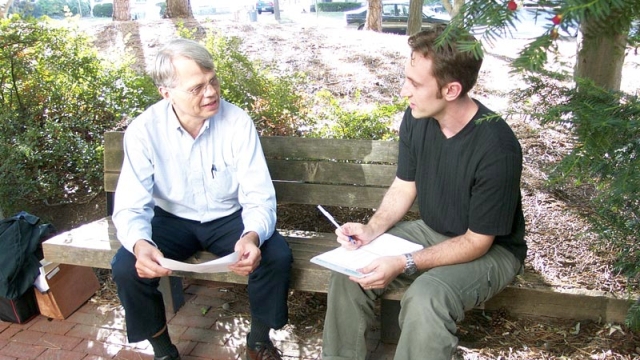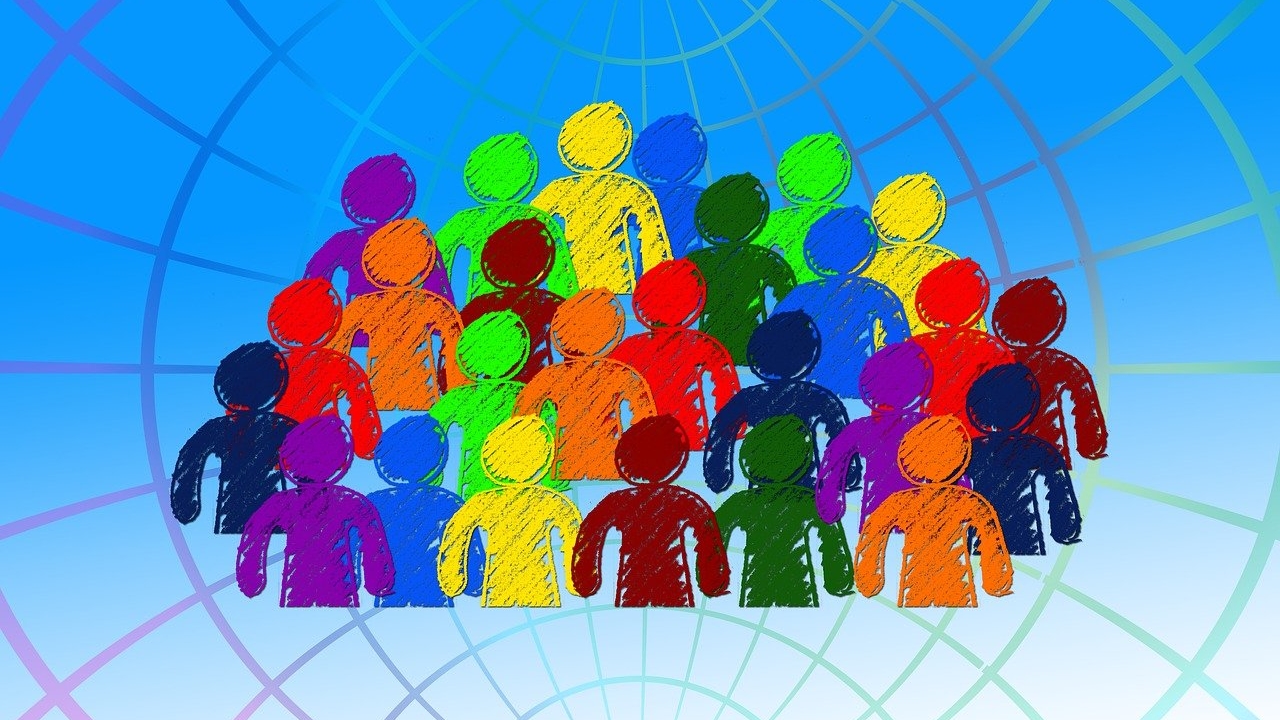![Crowd Human Silhouettes Personal Group of People [Pixabay image 2045499]](https://realkm.com/wp-content/uploads/2018/05/crowd-2045499_640.jpg)
How the crowd can become wiser
Originally posted on The Horizons Tracker.
Francis Galton’s famous competition to guess the weight of an ox in 1907 provided the inspiration for many subsequent works into the ‘wisdom of crowds’ that the competition illustrated.
For instance, a few years ago a Spanish team aimed to tease out the role influence plays in crowd intelligence, and how one can mitigate against its impact. The hypothesis tested by the researchers was that people have varying degrees of malleability, so some will be more likely to change their views as a result of extra information than others.
The idea is therefore that if you can figure out who those people are, and then separate them from the group, then the group can maintain its relative wisdom. In other words, the researchers suggest, the wisdom of the crowd is reliant upon the crowd being confident enough in their beliefs to not seek external information.
A second study1 has delved into our apparent collective wisdom to explore whether it has limitations or performs best in certain circumstances. They examined whether the individual biases and knowledge we bring to the collective can skew the aggregate estimates off course.
To explore this, they developed a mathematical model that takes into account this knowledge and bias to make a more accurate aggregated answer to the problem. When the model was tested, it did indeed prove more accurate than all other forms of aggregated response.
Improving the crowd
The experiment was similar in form to early examples of the wisdom of crowds, with volunteers asked to guess how many sweets were in a jar. In addition to guessing, the researchers quantified how each volunteer incorporated social information into their own guess by offering them fake details of others guesses and allowing them to change their own guess in light of this new intelligence.
As expected, the guesses varied considerably within the group, but social information was also hugely important. Peer advice was found to strongly influence the guesses of people, but especially if the peer feedback was higher than their original guess. When the feedback was on the smaller side, it was usually discounted.
The researchers believe their findings provide an added level of nuance as to when collective wisdom really is wise, and when it can be distorted.
Article source: How The Crowd Can Become Wiser.
Header image source: Image 2045499 by geralt on Pixabay is in the Public Domain.
Reference:
- Kao, A. B., Berdahl, A. M., Hartnett, A. T., Lutz, M. J., Bak-Coleman, J. B., Ioannou, C. C., … & Couzin, I. D. (2018). Counteracting estimation bias and social influence to improve the wisdom of crowds. Journal of The Royal Society Interface, 15(141), 20180130. ↩






